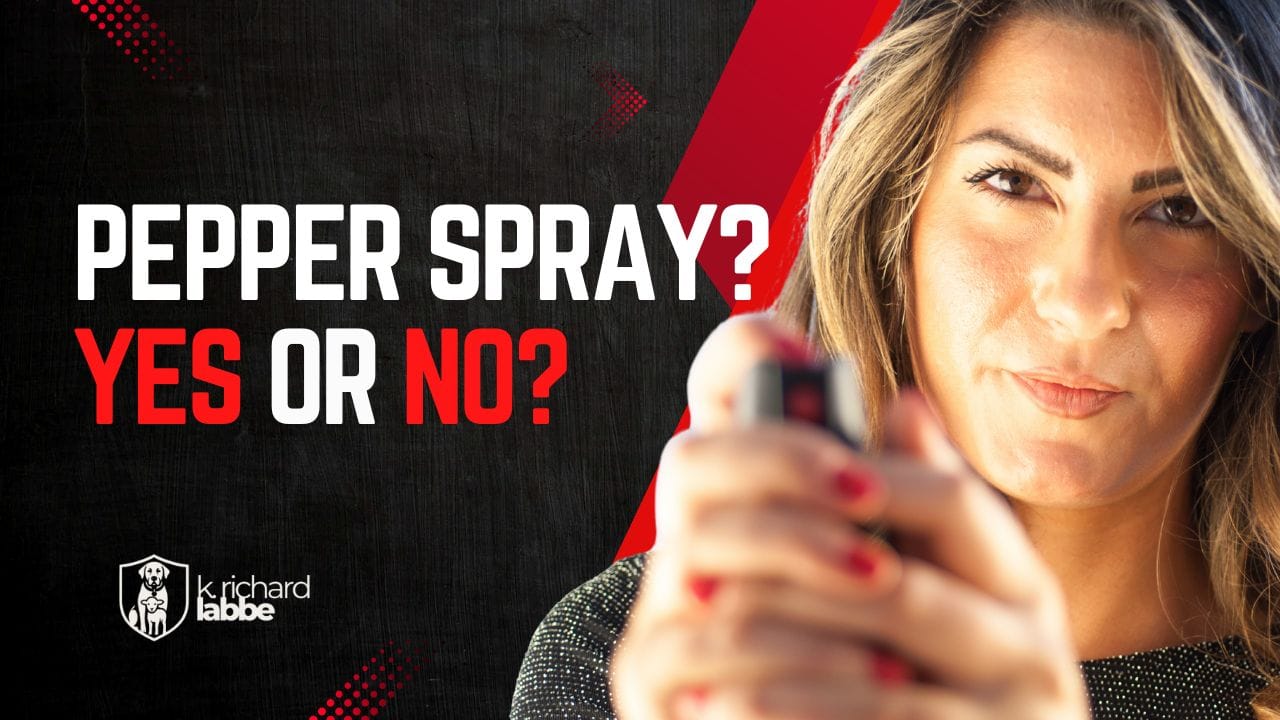Should You Carry Pepper Spray? What the Law (and Wisdom) Says
In all 50 U.S. states, pepper spray is allowed in some form for civilian self-defense. But just like with many safety tools, the rules can vary more than you might expect.

If you’ve ever felt nervous walking to your car at night, or if someone you love works late or commutes alone, you’ve probably wondered: Should I carry pepper spray?
The short answer? In most places, yes—it’s legal. But legality is only part of the picture. Whether it’s wise to carry it has just as much to do with preparation, mindset, and responsibility as it does with what’s written in the law.
Let’s walk through it together.
Pepper Spray Laws: Legal Almost Everywhere, But Not All the Same
In all 50 U.S. states, pepper spray is allowed in some form for civilian self-defense. But just like with many safety tools, the rules can vary more than you might expect.
Some states limit how large the spray canister can be—usually under two ounces. Others require it to be purchased from licensed dealers. A few, like New York and Massachusetts, have stricter controls that include where you can buy it and what formulas are legal. Washington, D.C., has its own set of rules, too.
Most places require you to be at least 18 years old, and if you have a felony record, you may be prohibited from carrying it altogether.
And here’s the key: Laws change. Local ordinances can add additional restrictions. What’s legal in one city or county may not be in the next.
So before you buy, carry, or use pepper spray, take the time to do your own due diligence. Don’t just rely on internet summaries (including this one). Contact your local police department or check your state attorney general’s website to confirm what applies to you. If you're crossing state lines, even for a weekend trip or move to college, check those laws too.
But legal permission doesn’t answer every question.
What Pepper Spray Can—and Can’t—Do
Pepper spray is popular because it’s non-lethal, portable, and effective in giving you a window of time to escape danger. And for many, that peace of mind is worth it. But it’s not foolproof.
It only helps if it’s close at hand—and if you know how to use it under pressure. If it’s buried at the bottom of a purse or glovebox, it’s not going to do much good. If you’ve never practiced drawing and aiming it, you may freeze or fumble in the moment you need it most. And if you don’t understand how the spray behaves—especially in wind or tight spaces—you could end up hurting yourself as much as anyone else.
In other words, pepper spray is not a guarantee of safety. It’s a tool—and one that comes with risk and responsibility. Use it wisely, lawfully, and only as a last resort for protection—not as a threat or intimidation device.
And above all, remember: You alone are responsible for how and when you use it. No blog post, product label, or sales video can substitute for personal judgment, informed consent, and lawful use.
There’s also a deeper question that’s just as important: Is this the right step for me—or the person I love?
Not everyone feels comfortable carrying something that could cause pain, even temporarily. And some people—due to trauma, temperament, or conviction—prefer to rely on other safety habits and situational awareness instead. That’s okay. Being prepared doesn’t mean living in fear. It means taking thoughtful steps that match your values and circumstances.
So if you choose to carry pepper spray, do it with intentionality:
- Know the law.
- Learn how it works.
- Store and carry it safely.
- Talk it over with someone you trust.
- And make sure it’s part of a bigger plan to stay safe—not the whole plan.
Because what protects you best is not just what you carry, but how you live: alert, equipped, and steady.
Ready to take a step?
- Research your state and local laws using official government resources.
- Consider taking a personal safety course that includes pepper spray training.
- If you already carry it, review how accessible it is and how well you understand it.
- And build other smart safety habits around it—like lighting your walkways, locking doors, and letting someone know where you’re going.
Prepared, not paranoid. That’s our goal.
Stay safe. Be ready. Online and off.
Disclaimer: This post is intended for general educational purposes only. It does not constitute legal advice, safety certification, or a recommendation to purchase or carry any specific product. You are solely responsible for complying with all applicable laws in your state, locality, or country, and for ensuring the lawful, safe, and appropriate use of any self-defense tool. Labbe Media, LLC makes no guarantees regarding legality, safety, or effectiveness and assumes no liability for any decisions made or actions taken based on this content. Readers are strongly encouraged to consult legal and safety professionals when making personal defense decisions.
